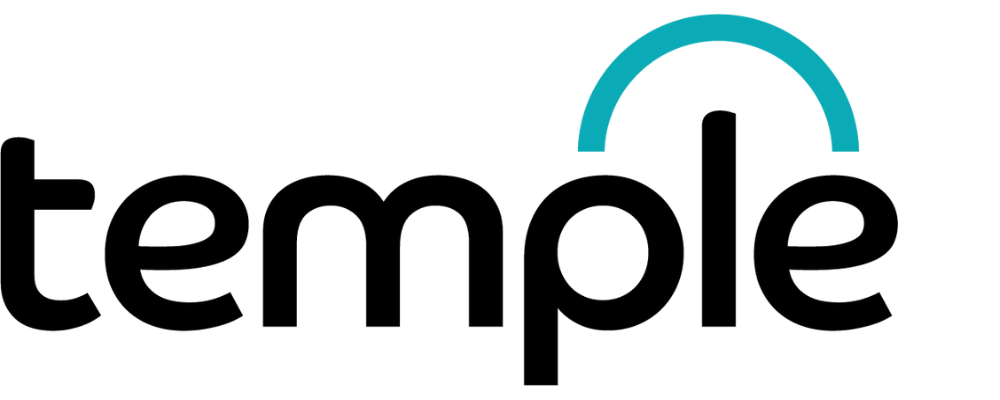Greenwashing on the menu? The Red Tractor ruling and why your claims must match your actions
The recent decision by the Advertising Standards Authority (ASA) to ban Red Tractor’s “farmed with care” television advert is more than just a regulatory slap on the wrist. It’s a powerful, public reminder of a persistent issue in modern business: greenwashing.
The ruling serves as a crucial case study for any organisation making claims about its environmental or ethical standards. The ASA concluded that the advert’s overarching message of high environmental standards across all Red Tractor-certified farms could not be fully substantiated. In essence, the marketing message had raced ahead of the available evidence.
This is the very definition of greenwashing. And it matters immensely.
The High Cost of Eroding Trust
When a well-known assurance scheme like Red Tractor is found wanting in its advertising, the damage extends far beyond a single brand. Every instance of unsubstantiated green claims chips away at public trust, not just in the company involved, but in the entire concept of sustainable business.
It creates a landscape of cynicism where consumers struggle to distinguish between genuine commitment and clever marketing.
Furthermore, it unfairly disadvantages businesses that have invested heavily in robust, verifiable environmental management systems. When vague terms and feel-good imagery are allowed to masquerade as genuine credentials, the companies doing the hard work of real, measurable change are the ones who lose out.
The Antidote: Honesty Over Perfection
So, what is the takeaway for businesses trying to do the right thing? It’s simple: we don’t need perfect sustainability stories — we need honest ones.
The journey towards sustainability is often a work in progress, and there is power in that transparency.
If your journey is still in progress, say that. Consumers appreciate honesty. Communicating your goals, your current benchmarks, and the steps you are taking to improve is far more credible than implying you have already reached a flawless destination.
If your standards don’t cover every single area, be clear about their scope. Specificity builds credibility. Instead of a blanket statement, talk precisely about what your certification or standard guarantees.
Building Claims on a Foundation of Fact
Credible claims are not born in a marketing meeting; they are built on a foundation of robust processes and verifiable data. This is where internationally recognised standards like ISO 14001 for Environmental Management become indispensable.
An ISO 14001 framework doesn’t just help your organisation minimise its environmental footprint; it provides the structure for monitoring, measuring, and documenting your performance. It is this evidence that empowers you to make public claims with confidence, knowing you can back them up when scrutinised.
The Red Tractor ruling is a clear signal. The public and the regulators are demanding a higher standard of proof.
Let’s meet that demand not with better stories, but with better practices. Let’s keep our claims credible, transparent, and real.

